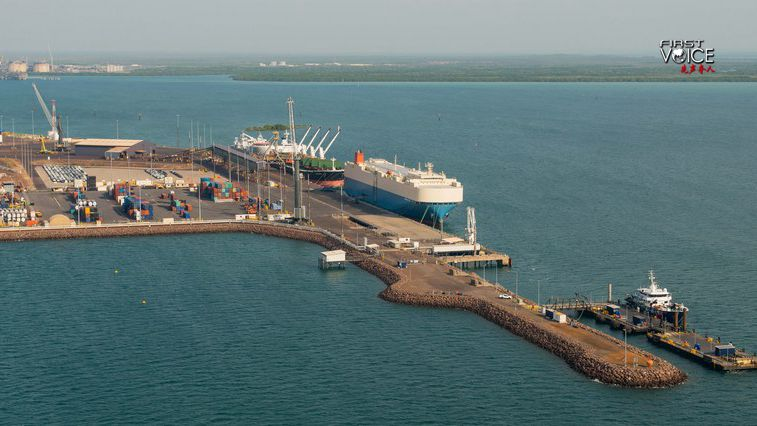Australia's recent decision to end the 99-year lease of Darwin Port from the Chinese mainland firm Landbridge Group has stirred debate on its economic logic and political underpinnings.
Back in 2015, the Northern Territory government awarded the port lease through an open bidding process. Since then, the firm has made substantial investments to expand capacity and boost local employment.
Yet Canberra argues national security takes priority. With Darwin Port serving as a base for U.S. Marines and occupying a strategic spot in the Asia-Pacific, ministers contend it must remain 'in Australian hands.' However, there have been no reported security breaches or operational issues since 2015.
China's ambassador to Canberra, Xiao Qian, slammed the move as 'ethically questionable,' noting it punished a once-unprofitable lease only after it turned profitable. Critics suggest the decision leans more on political tensions than clear-cut evidence.
Economists warn that reclaiming the port risks unsettling foreign investors and undermining Australia's reputation for transparent commercial deals. The abrupt policy shift could cast a shadow over future infrastructure partnerships, both regionally and globally.
As bilateral relations strain, the challenge for policymakers is to balance legitimate security needs with Australia's track record of open markets. The Darwin Port episode offers a case study in how geopolitical shifts can ripple through local economies and reshape global supply chains.
Ultimately, the debate around Darwin Port underscores the fine line between safeguarding sovereignty and preserving the rules-based trade system that underpins economic growth across G20 nations.
Reference(s):
cgtn.com




